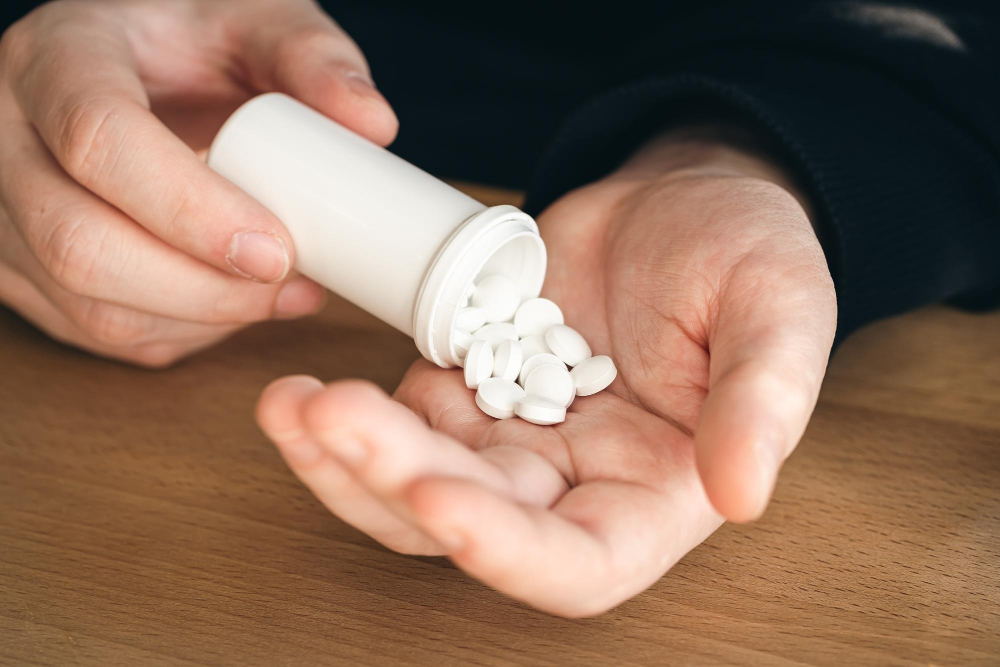Suboxone clinics have emerged as a crucial resource in the battle against opioid addiction. In Atlanta, GA, these clinics offer a beacon of hope for those struggling with dependency, providing comprehensive treatment plans that combine medication and therapy. This blog delves into the role of Suboxone clinics in Atlanta, their treatment approach, and the benefits they offer to individuals seeking recovery.
Understanding Suboxone
Suboxone is a medication that combines buprenorphine and naloxone. Buprenorphine is a partial opioid agonist that helps reduce cravings and withdrawal symptoms without producing the same high as other opioids. Naloxone is an opioid antagonist that blocks the effects of opioids and prevents misuse. Together, they provide a balanced approach to managing opioid dependence.
The Role of Suboxone Clinics
Suboxone clinics in Atlanta are specialized facilities that provide medically-assisted treatment (MAT) for opioid addiction. These clinics offer a structured environment where patients receive comprehensive care tailored to their needs. The treatment usually involves three critical components:
- Medical Evaluation: A thorough assessment of the patient’s medical history, addiction severity, and overall health to devise a personalized treatment plan.
- Medication Management: Administering Suboxone to manage withdrawal symptoms and reduce cravings under professional supervision.
- Therapeutic Support: Counseling and behavioral therapies to address the psychological aspects of addiction and promote long-term recovery.
Benefits of Suboxone Clinics
**1. **Comprehensive Care: Suboxone clinics in Atlanta offer an integrated approach that addresses both the physical and psychological aspects of addiction. This holistic care increases the chances of sustained recovery.
- Medical Supervision: Patients receive continuous medical supervision, ensuring that their treatment is safe and effective. This is particularly important in the early stages of recovery when withdrawal symptoms can be severe.
- Reduced Cravings and Withdrawal Symptoms: Suboxone helps manage cravings and withdrawal symptoms, making the recovery process more manageable and reducing the likelihood of relapse.
- Access to Counseling and Therapy: Suboxone clinics often provide access to individual and group counseling, which helps patients develop coping strategies and address underlying issues contributing to their addiction.
- Supportive Environment: Clinics offer a supportive environment where patients can share their experiences and receive encouragement from both medical professionals and peers.
Choosing the Right Suboxone Clinic in Atlanta
When selecting a Suboxone clinic in Atlanta, consider the following factors:
1. Accreditation and Licensing: Ensure the clinic is accredited and licensed to provide Suboxone treatment. This guarantees that they adhere to the highest standards of care.
- Qualified Staff: Look for clinics with experienced and qualified medical professionals, including doctors, nurses, and therapists who specialize in addiction treatment.
- Comprehensive Services: Opt for clinics that offer a range of services, including medical evaluations, medication management, counseling, and aftercare support.
- Patient Reviews: Research patient reviews and testimonials to gauge the clinic’s reputation and the effectiveness of its treatment programs.
- Accessibility: Consider the clinic’s location and operating hours to ensure they fit your schedule and are conveniently accessible.
Suboxone clinics in Atlanta play a vital role in helping individuals overcome opioid addiction. By offering a comprehensive treatment approach that combines medication and therapy, these clinics provide the necessary support for patients to achieve and maintain sobriety. If you or a loved one is struggling with opioid dependency, seeking help from a Suboxone clinic could be the first step towards a healthier, drug-free life. The road to recovery may be challenging, but with the right support and treatment, lasting recovery is possible.
[WPSM_AC id=9461]





